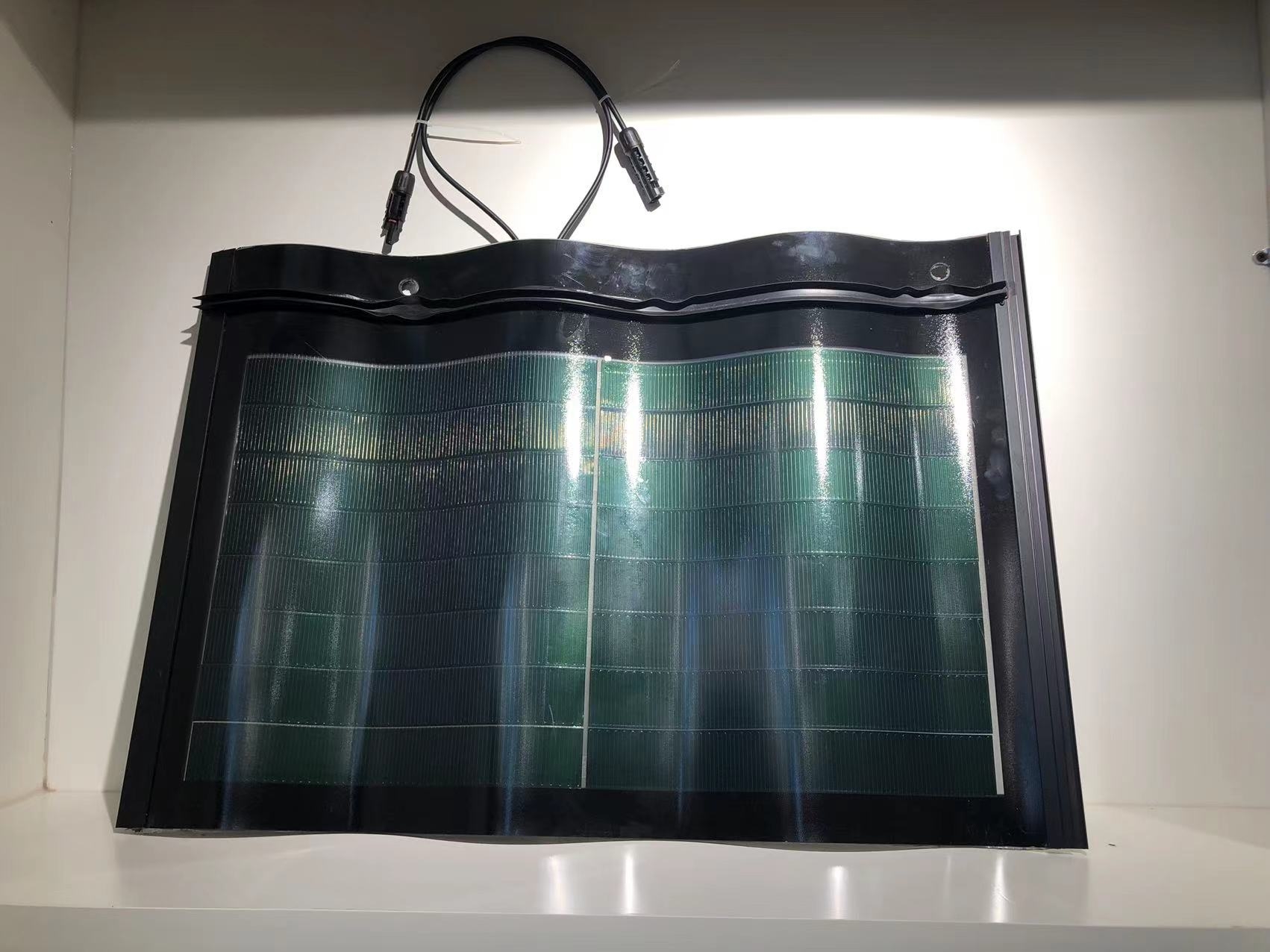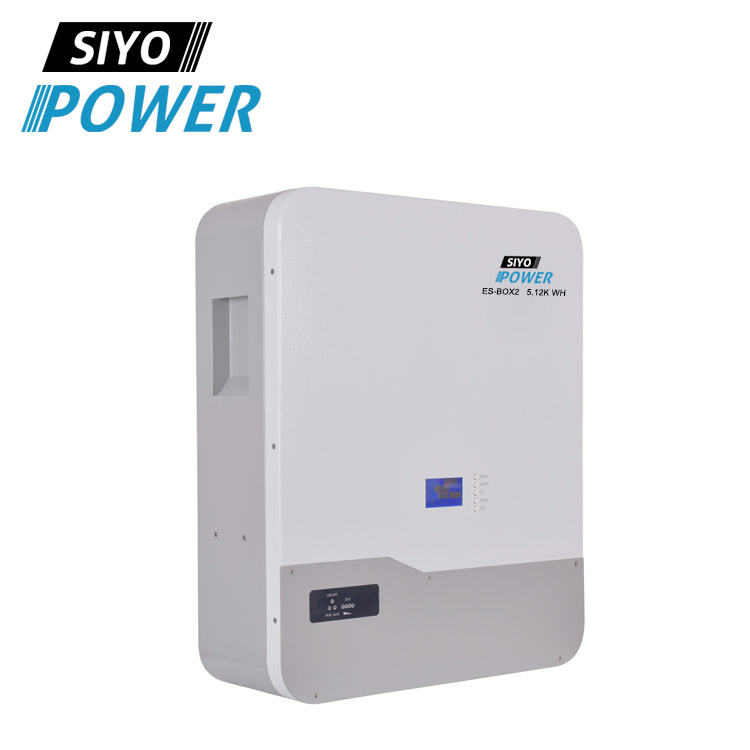Installing solar panels is a worthwhile investment for most homeowners because of the various benefits of solar energy. Solar panels can save you money on your electricity bills, and they typically pay for themselves in 10 years or less. Solar panels can even increase home value by an average of 6.8%!
Solar panels are best for people who live in good solar states with solar-friendly policies, like net metering and solar incentive programs. Homes with south-facing roofs and lots of unshaded space are also ideal for solar.
Homeowners with high electricity bills are among those who can benefit the most from going solar. The more money you spend on electricity, the more you can save by powering your home with solar energy.
Solar panels are also a great source of clean energy. According to Columbia University, solar panels lower carbon emissions per acre than trees! Solar panels also reduce reliance on fossil fuels and help you live more sustainably.
With solar, you can go green and keep the green in your wallet — sounds worth it to us!
Factors to consider when deciding if solar is worth it
You need to consider a few key factors when figuring out if a solar panel installation is worth it for you, including:
-
Electricity rates: People who live in areas with high electricity prices can save more money than those who live in places with cheap utility rates.
-
Electricity usage: Homes with high energy consumption can see substantial financial benefits from installing solar panels.
-
Solar panel costs and budget: The average cost to install a solar power system is about $19,000, and it may be even more if your home uses a lot of electricity! Even with financing options like solar loans, solar leases, and power purchase agreements (PPAs) to help with upfront costs, you need to consider your budget and see if a solar payment is something you can take on.
-
Solar incentives and rebates: Some states and utility providers offer incentives and rebates that reduce the upfront solar system cost or provide extra savings as the solar panels generate power. The solar tax credit is the largest solar incentive and can lower solar energy system costs by 30% through a credit on your income taxes. You may even qualify for property tax exemptions.
-
Local net metering policy: Solar panels save the most money in places where utilities offer net metering. Net metering policies provide homeowners with electricity bill credits equal to the retail rate of electricity and can completely eliminate monthly utility energy costs!
-
Location and environment: Solar panels work best in places with lots of sun exposure and cool temperatures. Cloud cover reduces the amount of solar energy a system produces but can still significantly reduce electricity costs.
-
Roof design: Home solar panel systems should ideally be installed on south-facing roofs that don’t get shaded by trees or other buildings and have few obstructions like chimneys and skylights.









